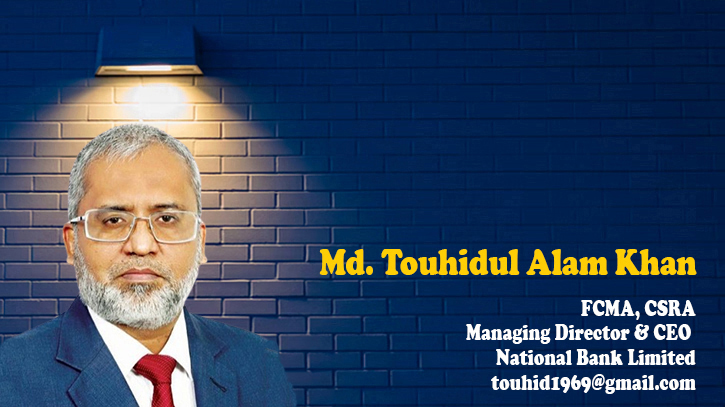
The Islamic Financial Services Industry (IFSI) has exhibited remarkable vitality, with assets reaching USD 3.38 trillion in 2023, marking a year-on-year (YoY) growth of 4%. This achievement is particularly noteworthy given the backdrop of challenging economic conditions, including inflation and geopolitical tensions affecting markets worldwide. The data presented in the 2024 IFSB report underscores the sector’s resilience and ongoing expansion, indicating a robust trajectory ahead.
At the forefront of the IFSI is Islamic banking, which continues to dominate the landscape, constituting a substantial 70.21% of total assets. This segment has seen its assets grow to USD 2.37 trillion, driven by a remarkable increase in deposits and financing, which rose by 7.92% and 5.97%, respectively, in the last year. The growth of Islamic banking assets reflects a solid foundation, without which the overall expansion of the IFSI would be difficult to achieve.
The report emphasizes a pronounced geographical concentration of Islamic finance, with the Gulf Cooperation Council (GCC) accounting for a staggering 52.50% of global Islamic finance assets. East Asia and the Pacific come in second, representing 21.80%. Other regions such as the Middle East and North Africa (excluding GCC), Europe and Central Asia, South Asia, and Sub-Saharan Africa contribute smaller shares, revealing the global nature of Islamic finance while simultaneously highlighting areas for potential growth and investment.
Financial stability within the Islamic banking segment remains robust, evidenced by consistent profitability across most regions and a satisfactory capital structure that adheres to regulatory requirements. The average capital adequacy ratio stands at 19.10%, showcasing the industry’s solid foundation. However, challenges persist, particularly in Islamic liquidity management, where a lack of diverse instruments may hamper growth. There is an urgent need for the development of Shari‘ah-compliant financial products to mitigate the reliance on cash holdings.
In the realm of Islamic capital markets, Sukuk reached USD 850 billion, reflecting a healthy growth of 2.45% YoY. The demand for Sukuk remains strong, particularly sovereign issues, which represent over half of total issuances. Although corporate Sukuk saw a slight decline, participation in this segment has improved significantly over recent years. Sustainability-linked Sukuk has also gained traction, highlighting a growing awareness and demand for ethical investment opportunities.
The Islamic insurance segment, or Takaful, reported a noteworthy 6.5% growth in contributions, reaching USD 24.05 billion by Q3 2023. This growth was mainly driven by the general insurance segment, which surged by 21% YoY. Nevertheless, the growth dynamics are not uniform across regions, with some experiencing declines due to currency devaluations, particularly where family Takaful is more prevalent.
As we look ahead to 2024, the IFSI stands poised for sustained growth, underpinned by improved global financial stability and anticipated disinflation. However, continued vigilance is crucial, as potential global shocks could precipitate capital outflows, pushing for proactive measures from regulatory authorities. Strong regulatory frameworks, rigorous risk management practices, and enhanced stress testing capabilities will be essential in fortifying the sector against future challenges.
In conclusion, the IFSB Report 2024 highlights the resilience, ongoing growth, and the need for strategic development in the Islamic Financial Services Industry. By addressing existing challenges and leveraging the opportunities presented, the IFSI can continue to thrive and expand its global footprint in the financial services landscape.
The author is the Managing Director & CEO of National Bank Limited. He is a fellow member of the Institute of Cost & Management Accountants of Bangladesh (ICMAB) and the first Certified Sustainability Reporting Assurer (CSRA) in Bangladesh. He is also a post-graduate diploma from the Institute of Islamic Banking & Insurance (IIBI), United Kingdom.
Messenger/EHM








